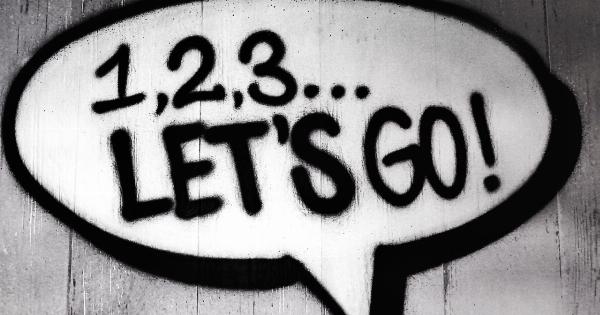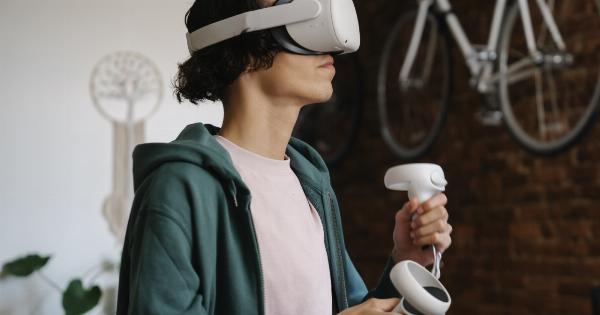Reading is a fundamental process that allows us to decode and understand written language. It involves a complex interaction between various cognitive processes, visual perception, and language comprehension.
In this article, we will delve into the mechanics of reading and explore the triggers that facilitate this essential skill.
The Process of Reading
Reading can be broken down into several key processes, including:.
1. Visual Perception
Before the act of reading can occur, our eyes must first perceive the visual stimuli. The eyes move across the page, scanning the words and sentences from left to right (or right to left in some languages/scripts).
2. Letter and Word Recognition
As our eyes scan the text, our brain begins to recognize individual letters and words. This process is known as visual word recognition.
It involves associating the visual symbol of a letter or a group of letters with its corresponding phonological and semantic representations.
3. Phonological Processing
Once the words are recognized visually, our brain engages in phonological processing. This involves converting the visual symbols into sounds.
We mentally pronounce the words, either silently or aloud, by applying our knowledge of phonics and phonological rules.
4. Language Comprehension
Simultaneously, as we recognize and pronounce the words, our brain processes their meanings. Language comprehension involves understanding the syntax, grammar, and semantics of sentences, as well as accessing prior knowledge and making inferences.
Factors That Influence Reading Speed
Reading speed can vary greatly depending on a variety of factors. Some key factors influencing reading speed include:.
1. Vocabulary Knowledge
A strong vocabulary allows for faster word recognition and comprehension. The more words a reader knows, the less time they spend deciphering unfamiliar vocabulary.
2. Decoding Skills
Efficient decoding skills allow readers to quickly recognize and pronounce words. If a reader struggles with decoding, reading speed may be significantly affected.
3. Background Knowledge
Readers who possess extensive background knowledge on a given topic can read related texts more quickly. Prior knowledge aids in comprehension and reduces the need for additional information processing.
4. Concentration and Focus
Reading speed is influenced by the level of concentration and focus a reader has. Distractions or lack of focus can slow down the reading process.
Reading Triggers and Strategies
There are various triggers and strategies that can enhance the reading experience, such as:.
1. Skimming and Scanning
Skimming and scanning are techniques used to quickly locate specific information within a text. Skimming involves rapidly glancing over the text to get a general sense of the content, while scanning involves searching for specific keywords or phrases.
2. Previewing and Predicting
Previewing a text by examining titles, subtitles, and captions can provide a reader with a roadmap of the content. Predicting what may happen next based on prior knowledge can also enhance reading speed and comprehension.
3. Active Reading
Engaging in active reading involves interacting with the text while reading. This can include asking questions, summarizing information, making connections to personal experiences, and highlighting key points.
4. Reading in Chunks
Chunking refers to grouping words together instead of reading them individually. This allows for faster reading as the brain processes phrases or clauses as a single unit, rather than focusing on each word separately.
The Importance of Practice
Reading, like any skill, requires practice to improve speed and comprehension. Regular reading habits and exposure to a variety of texts can significantly enhance reading abilities.
Conclusion
Reading is a complex cognitive process that involves various mechanics and triggers. Understanding the process of reading and utilizing effective strategies can help improve reading speed and comprehension.
With practice and exposure to diverse texts, readers can sharpen their skills and unlock the world of knowledge hidden within printed words.



























